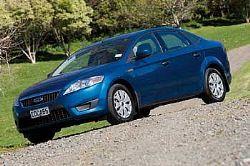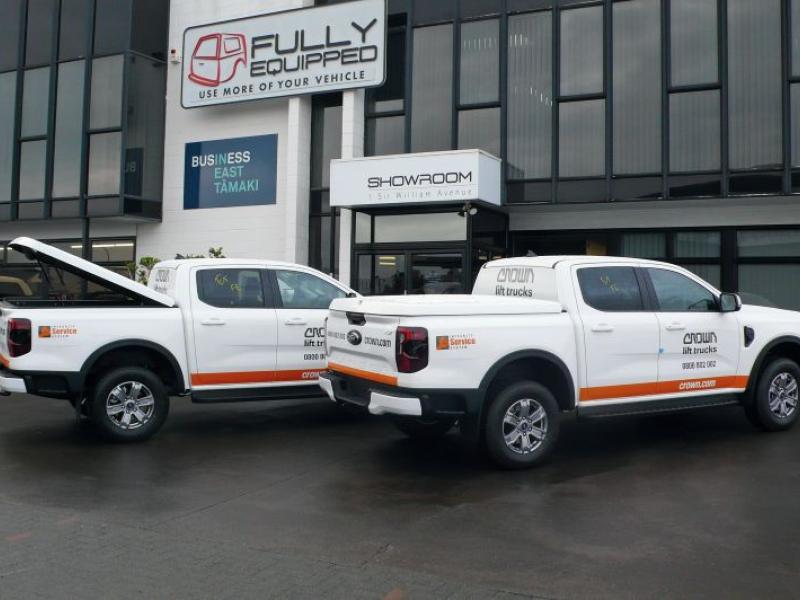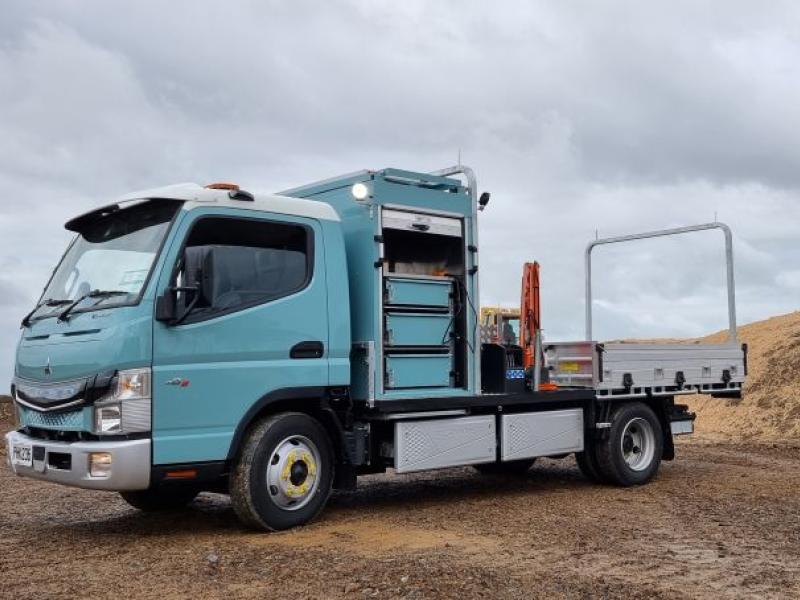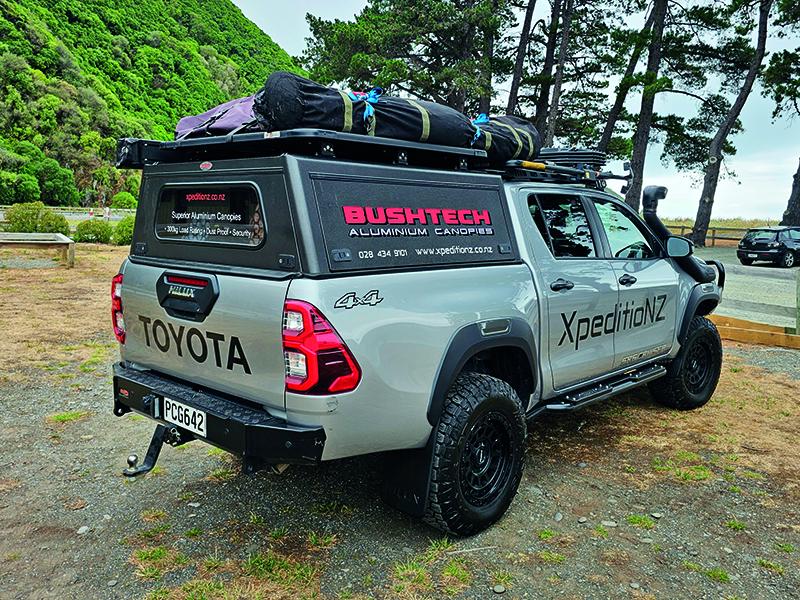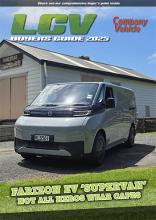Reducing your fleet’s fuel bill and carbon footprint will become a greater issue as we head into the next decade, with looming carbon taxes and even stricter emissions regulations. Make & Model W/base Boot size C02 Fuel Cons Holden Commodore 2915mm 496L 250g/km 10.9l/100km Holden Epica diesel 2700mm 480L 198g/km 7.6l/100km Honda Accord Euro 2705mm 418L 204g/km 8.9l/100km Honda Civic Hybrid 2700mm 350L 106g/km 4.6l/100km Ford Falcon XT 2838mm 505L 241g/km 10.5l/100km Ford Mondeo diesel 2850mm 493L 185g/km 7.1l/100km Toyota Camry 2775mm 535L 233g/km 9.9l/100km Toyota Prius 2700mm 410L 106g/km 4.4l/100km
We’ve already seen the positive and negative effects that the cumulative fuel price rises have placed on the New Zealand economy, our driving behaviour, and our use of public transport.
There have been fuel crises before, and just like the current situation, some people have suddenly started dumping their large cars in favour of smaller ones, supposedly to save money. However, had they considered the transactional costs, their actual savings in transferring to a smaller more economic vehicle are most likely negligible?
There are several factors which should be taken into account before fleet owners and managers dive head first into a program of replacing larger vehicles with smaller ones, or changing to diesel or hybrid vehicles.
The first issue as mentioned by Charles Wilmer of Leaseplan, is the negative effect downsizing could possibly have on the existing tight labour market conditions.
Changing managers and field representatives out of a six-cylinder car fleet into a four-cylinder fleet would be fraught with contractual difficulties as many of these vehicles are part of a total employment package. Unless of course the smaller car has a premium badge such as BMW on its bonnet, or there is a cash incentive attached to the change of employment conditions, it is very unlikely that an employee will just willingly give up their six-cylinder vehicle.
The second issue is the purpose of the vehicle and would a smaller vehicle be suitable and fit for the purpose intended?
We’ve compared six fleet vehicles in terms of wheelbase length, boot size, C02 emissions, and average fuel consumption from their manufacturer data that is advertised on their websites.
In terms of downsizing we’ve pitched the Commodore Omega V6 against its smaller sibling the Epica diesel, the Honda Accord Euro S against the Civic Hybrid, the Toyota Camry against the Prius Hybrid and the new Ford Falcon XT against the Mondeo TDCi diesel saloon.
Looking at the figures on paper there’s not huge amounts of interior space or boot space, lost between the vehicles, and in reality how many company vehicles are occupied by more than one person.
However the difference between the fuel consumption and the C02 emission certainly is.
So we calculated the potential fuel savings and C02 emission reduction of these six vehicles over a 36 month period running 75,000km in each vehicle.
These figures are based on 91 octane petrol at $1.99 and diesel at $1.59 and includes RUC, this is a subjective calculation, but one that shows the raw data benefits of downsizing to a smaller vehicle.
Make & Model Fuel Consumed Fuel Cost Carbon emissions Holden Commodore 8175l $16285.25 18.75 tonnes Holden Epica diesel 5700l $11768.00 14.85 tonnes Differential $4517.25 4.0 tonnes Ford Falcon XT 7875l $15671.25 18.0 tonnes Ford Mondeo diesel 5325l $11171.75 13.8 tonnes Differential $4495.50 4.2 tonnes Honda Accord Euro 6675l $13283.25 15.0 tonnes Honda Civic Hybrid 3450l $6865.50 7.95 tonnes Differential $6417.75 7.05 tonnes Toyota Camry 7425l $14775.75 17.0 tonnes Toyota Prius 3300l $6567.00 7.95 tonnes Differential $8208.75 9.05 tonnes Even though on paper the savings difference in carbon emissions and fuel consumption look inviting when moving to a smaller vehicle, it must be said that fit for purpose should be the fleet buyer’s number one priority when choosing a vehicle.


